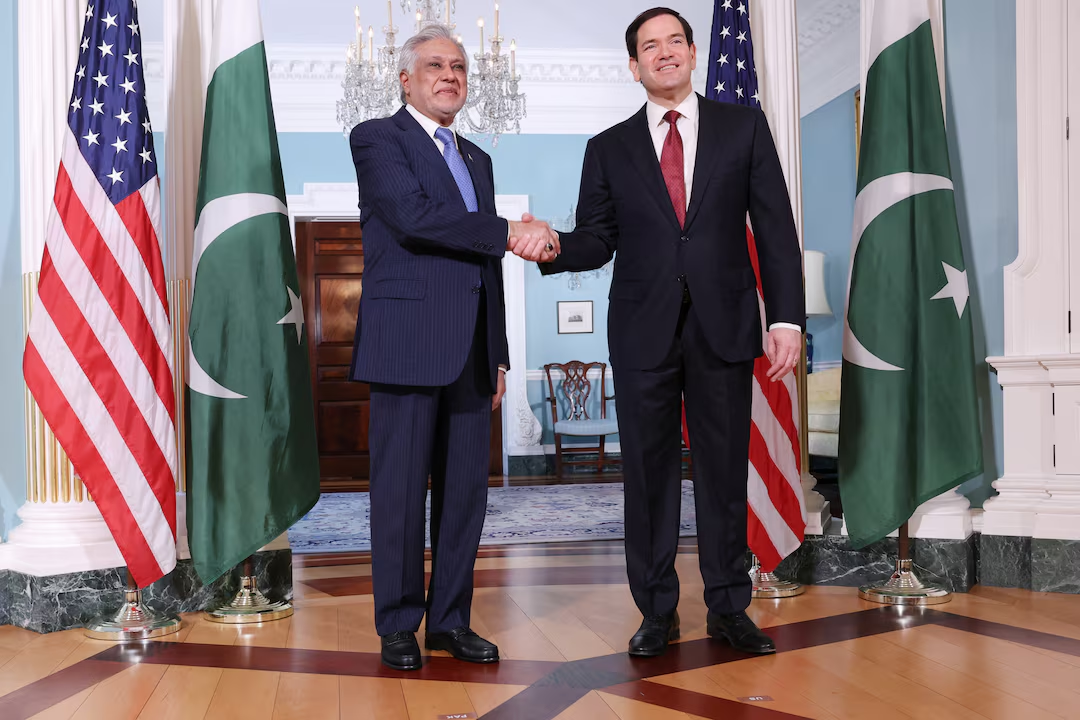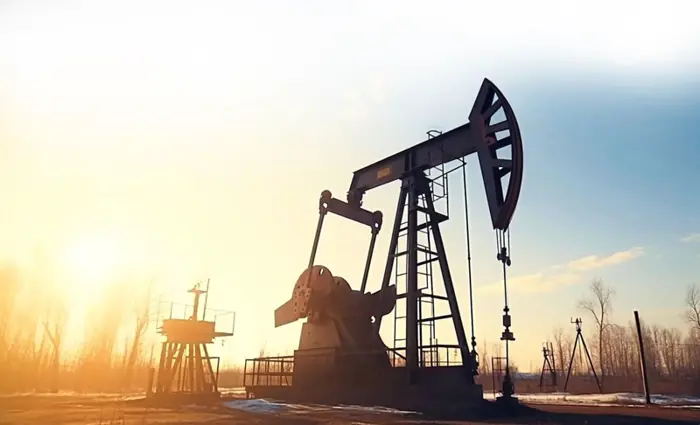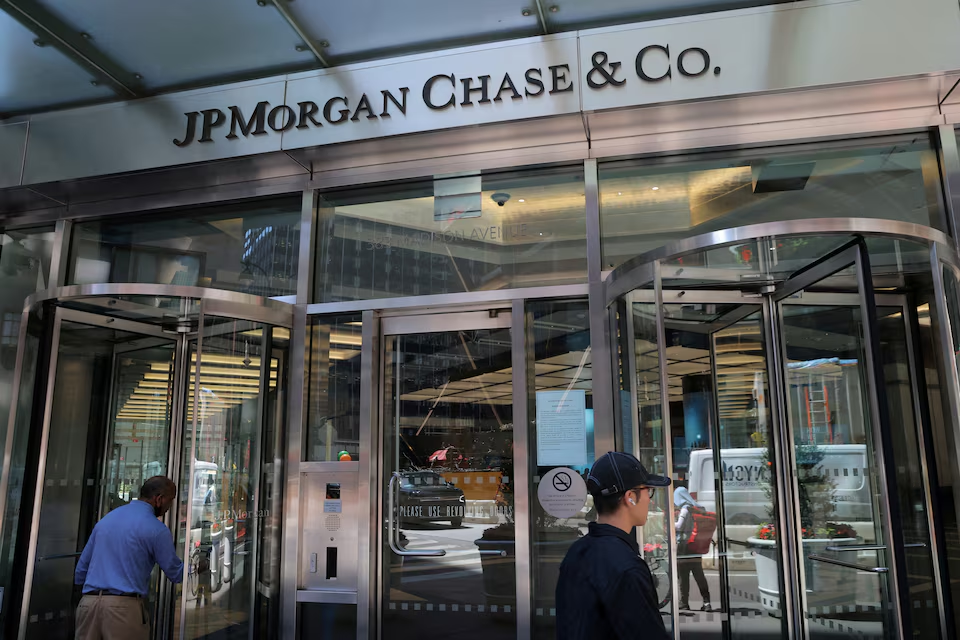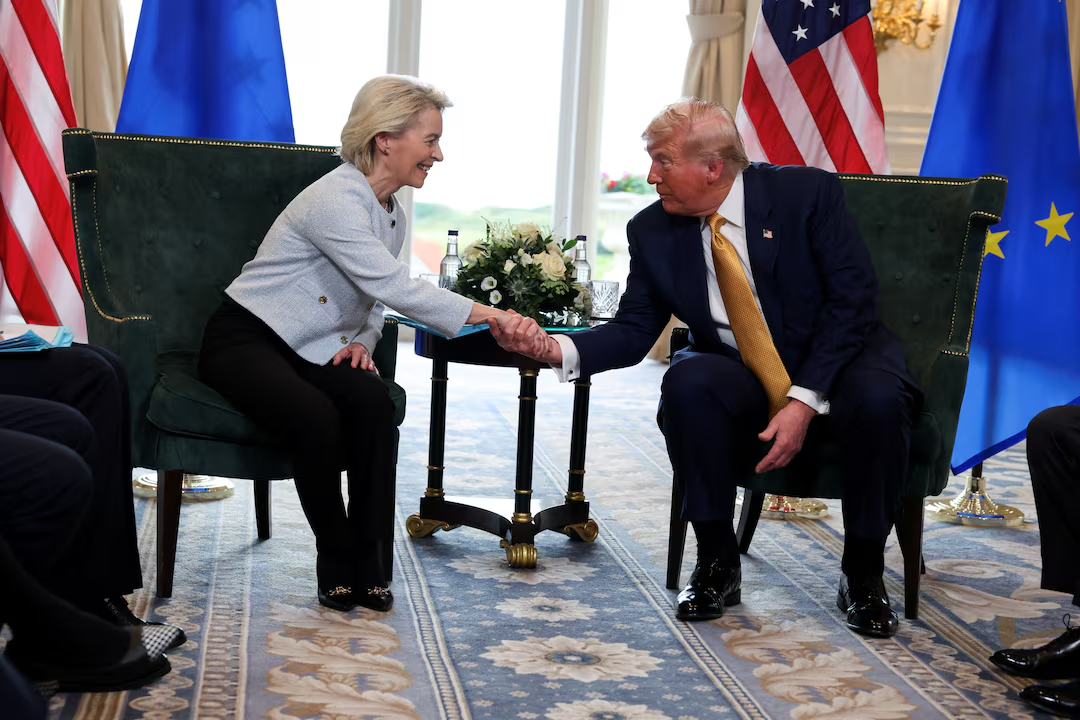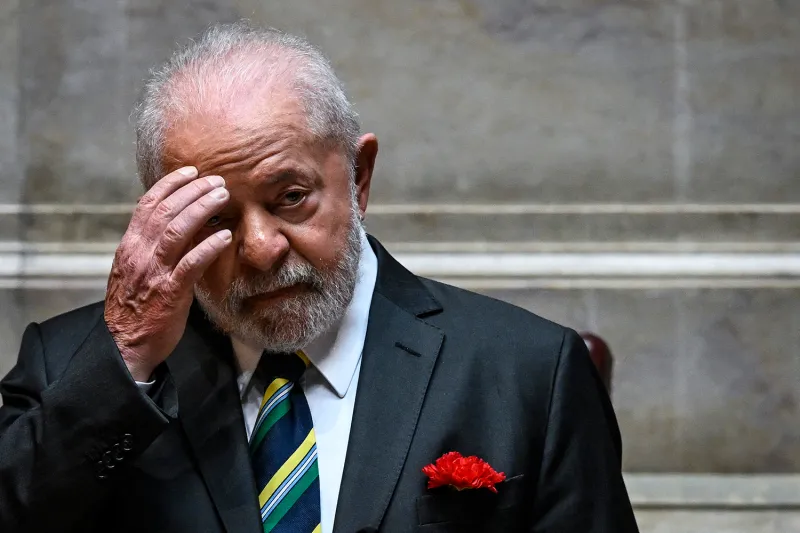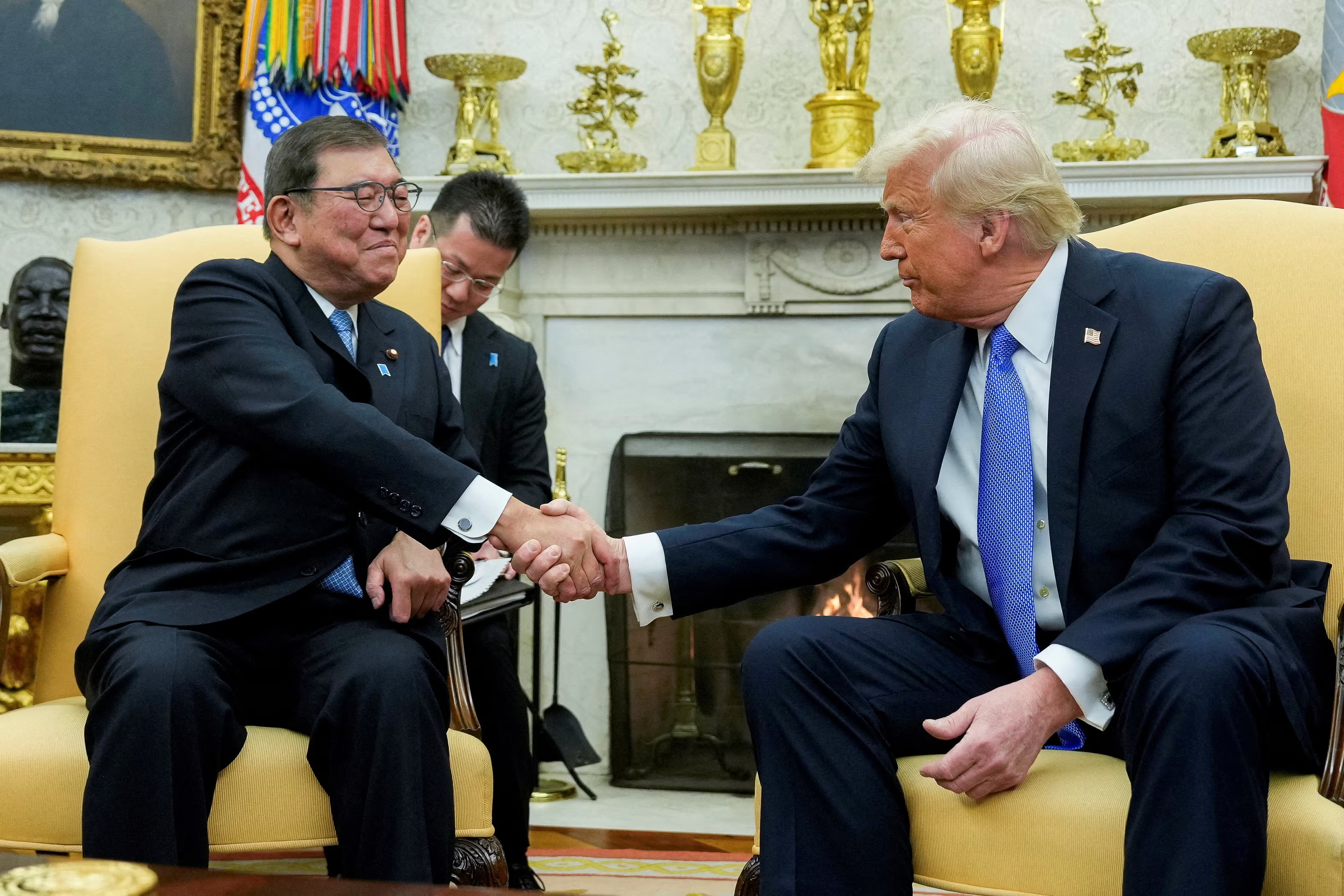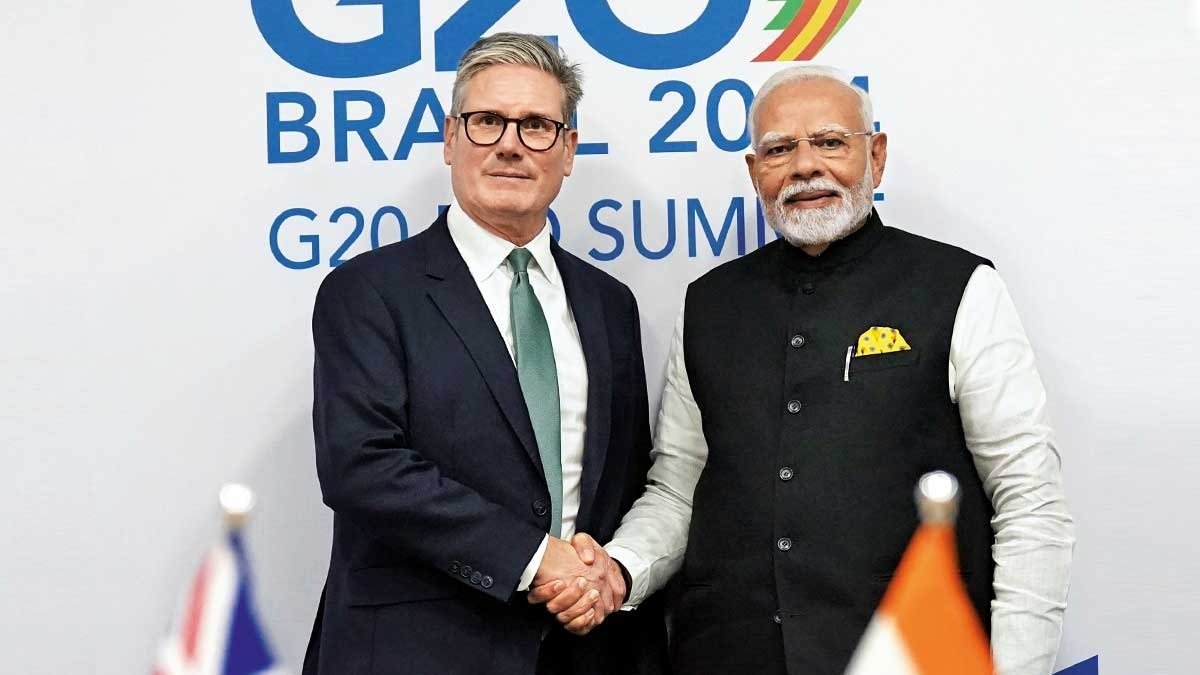“We’re Very Close to Finalizing a Trade Deal with the U.S., It Could Happen Within Days” – Pakistani Deputy PM Ishaq Dar
[Washington, July 26, 2025] —
Pakistan's Deputy Prime Minister and Foreign Minister Ishaq Dar announced on Friday that Islamabad is on the verge of finalizing a major trade agreement with the United States.
In his words, “It’s not a matter of months, or even weeks — I would say it's just a matter of days.”
Speaking at a discussion hosted by the influential Washington-based think tank, the Atlantic Council, Dar said:
“I believe we are very close to finalizing a deal with the United States. Our delegation is currently in Washington, and virtual meetings are ongoing. The Prime Minister has assigned a high-level committee to conclude the matter.”
However, the U.S. side has yet to announce any specific timeline. After Ishaq Dar’s meeting with U.S. Secretary of State Marco Rubio, the official statement from Washington merely noted discussions on “trade expansion, critical minerals, and cooperation in the mining sector.”
Secretary Rubio also refrained from providing any timeline or specific progress on the agreement in his post on X (formerly Twitter).
Trump’s Trade Policy and South Asia Geopolitics
President Donald Trump, in his second term, is renegotiating existing trade agreements with various countries, particularly those he has accused of “unfair trade practices.” Pakistan appears to be part of this broader effort, although many economists have raised questions about the basis of Trump’s allegations.
According to Pakistan’s Foreign Ministry, the Rubio-Dar meeting also covered regional issues including India-Pakistan tensions and the situation in Kashmir. During the meeting, Dar reportedly praised the United States—especially President Trump—for its role in regional stability.
However, the official U.S. statement made no mention of India.
Background: Recent Kashmir Violence and Trump’s Mediation Claim
On April 22, an armed attack in the Poonch sector of Indian-administered Kashmir left 26 people dead. India blamed Pakistan for the attack and launched a retaliatory military operation on May 7.
A ceasefire was announced on May 10 via a social media post from President Trump, who claimed the breakthrough was a result of his mediation and trade pressure.
While New Delhi blamed Pakistan for the attack, Islamabad denied involvement and called for an independent investigation. Although Washington condemned the attack, it did not directly blame Pakistan.
India rejected Trump’s claim outright, reiterating that bilateral issues between New Delhi and Islamabad would not involve third-party mediation.
[Washington, July 26, 2025] —
Pakistan's Deputy Prime Minister and Foreign Minister Ishaq Dar announced on Friday that Islamabad is on the verge of finalizing a major trade agreement with the United States.
In his words, “It’s not a matter of months, or even weeks — I would say it's just a matter of days.”
Speaking at a discussion hosted by the influential Washington-based think tank, the Atlantic Council, Dar said:
“I believe we are very close to finalizing a deal with the United States. Our delegation is currently in Washington, and virtual meetings are ongoing. The Prime Minister has assigned a high-level committee to conclude the matter.”
However, the U.S. side has yet to announce any specific timeline. After Ishaq Dar’s meeting with U.S. Secretary of State Marco Rubio, the official statement from Washington merely noted discussions on “trade expansion, critical minerals, and cooperation in the mining sector.”
Secretary Rubio also refrained from providing any timeline or specific progress on the agreement in his post on X (formerly Twitter).
Trump’s Trade Policy and South Asia Geopolitics
President Donald Trump, in his second term, is renegotiating existing trade agreements with various countries, particularly those he has accused of “unfair trade practices.” Pakistan appears to be part of this broader effort, although many economists have raised questions about the basis of Trump’s allegations.
According to Pakistan’s Foreign Ministry, the Rubio-Dar meeting also covered regional issues including India-Pakistan tensions and the situation in Kashmir. During the meeting, Dar reportedly praised the United States—especially President Trump—for its role in regional stability.
However, the official U.S. statement made no mention of India.
Background: Recent Kashmir Violence and Trump’s Mediation Claim
On April 22, an armed attack in the Poonch sector of Indian-administered Kashmir left 26 people dead. India blamed Pakistan for the attack and launched a retaliatory military operation on May 7.
A ceasefire was announced on May 10 via a social media post from President Trump, who claimed the breakthrough was a result of his mediation and trade pressure.
While New Delhi blamed Pakistan for the attack, Islamabad denied involvement and called for an independent investigation. Although Washington condemned the attack, it did not directly blame Pakistan.
India rejected Trump’s claim outright, reiterating that bilateral issues between New Delhi and Islamabad would not involve third-party mediation.


